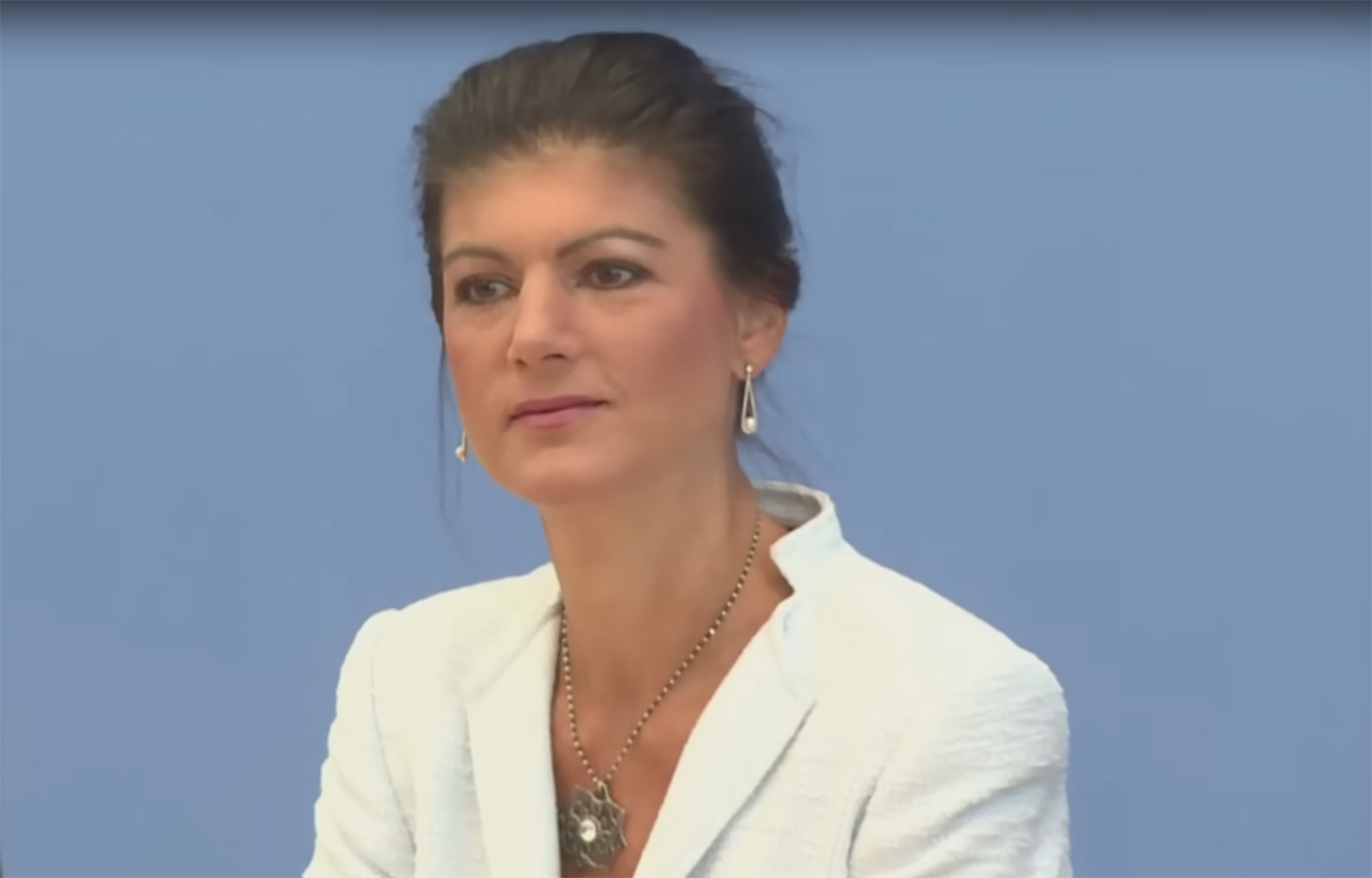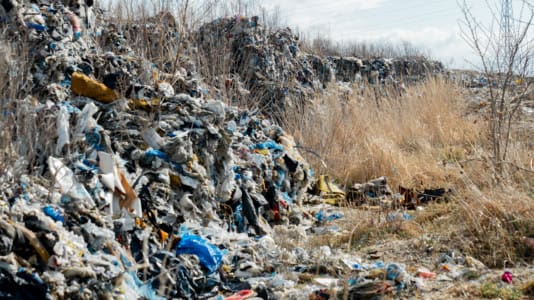Sahra Wagenknecht is a big name in politics and is preparing to announce the launch of her own party after leaving the Left Party, where she has been a divisive figure. The new party is expected to be announced as early as Monday next week, and it could have large repercussions on the German political scene.
Germany’s Der Spiegel reports that Wagenknecht will make her announcement at a federal press conference next week, where she will discuss the establishment of the association called “BSW – For Reason and Justice e.V.”
At the press conference for the BSW, which is an acronym for the “Alliance Sahra Wagenknecht,” the group will present its party platform, but the BSW itself is not the new party. Instead, Tagesschau reports that the official founding of the party will only occur next year due to party funding and tax advantages associated with delaying its launch.
[pp id=93209]
In any event, the party’s founding is expected to change the German parliamentary map. For one, it will split the Left Party, which is already very close to being kicked out of the German parliament entirely. Wagenknecht’s party is expected to end the Left Party’s existence as a serious opposition party in parliament, although time will only tell if this outcome is achieved.
Polls shows that up to 18 percent of German voters can imagine voting for Wagenknecht’s new party. In a poll conducted for the German newspaper Junge Freiheit by INSA, her approval rate is highest amongst AfD and Left Party voters.
[pp id=52445]
Wagenknecht is known for her rejection of illegal immigration, pro-peace stance in relation to the Ukraine war, her opposition to sanctions on Russia, and her rhetoric against woke trends from the left. However, in an interview with Remix News, AfD MEP Maximillian Krah, who was recently voted to lead his party’s list for EU parliamentary elections, said that he does not expect the party to appeal to AfD voters over the long-term:
Most Marxists have good analyses but usually wrong solutions, and it is the same with Wagenknecht, who has several problems.
The first is we don’t know whether she’s really anti-immigration. On the other hand, we do know that, within her party, some people are pro-immigration. So we don’t think that she will be really against immigration.
Moreover, she has not yet really made the connection between immigration and social injustice.
In a society of migration, social inequalities and the social question are linked to immigration. For example, only 5 percent of German citizens receive welfare in the form of the so-called citizens’ money (Bürgergeld). But if you look at the Syrians in Germany, 55 percent get that citizens’ money.
So you see that the social question is linked with the national question. And Wagenknecht has not fully adopted it. She approaches the social question the old-fashioned Marxist way.
The second thing is that we don’t know yet about her future party. Under German law, you can’t have a one-woman party. You have to be very democratic, and we think that she will choose people from the left who are horribly left-wing.
So yes, she as a person is appealing to a portion of our voters, but I don’t think that the party she may create will be appealing to our voters. It will be much worse than she is as an individual person.
And on the ballot paper, you vote for a party, not for a single person. That is why we don’t consider her a real threat.
According to Junge Freiheit, the 54-year-old Wagenknecht was born in Jena, East Germany, in 1969 to an Iranian father and a German mother and joined the then ruling Socialist Unity Party in 1989. After the fall of the Berlin Wall she joined the Party of Democratic Socialism (PDS), which in 2007 became The Left after its merger with Labor and the Social Justice Party.
[pp id=6415]
She is perhaps the most well-known figure of the Left Party, and she is the one-time vice chair and co-leader of the party’s parliamentary faction. She announced she was leaving the party this year, leading to deep divisions within the party.






